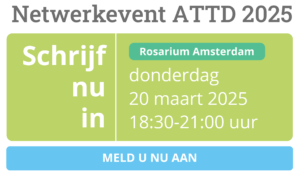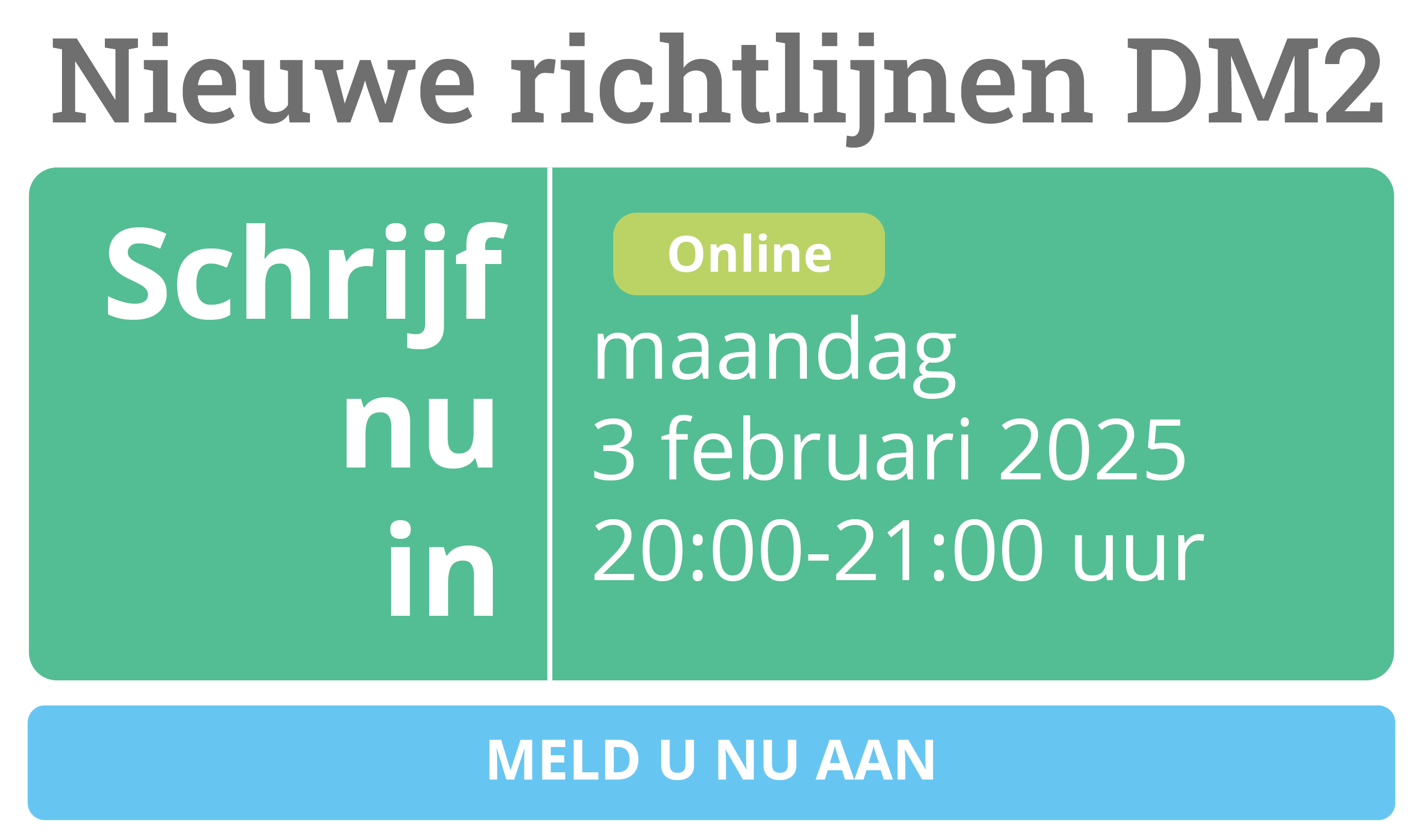OBJECTIVE
Several studies support associations between relative leukocyte telomere length (rLTL), a biomarker of biological aging and type 2 diabetes. This study investigates the relationship between rLTL and the risk of glycemic progression in patients with type 2 diabetes.RESEARCH DESIGN AND METHODS
In this cohort study, consecutive Chinese patients with type 2 diabetes (N = 5,506) from the Hong Kong Diabetes Register with stored baseline DNA and available follow-up data were studied. rLTL was measured using quantitative PCR. Glycemic progression was defined as the new need for exogenous insulin.RESULTS
The mean (SD) age of the 5,349 subjects was 57.0 (13.3) years, and mean (SD) follow-up was 8.8 (5.4) years. Baseline rLTL was significantly shorter in the 1,803 subjects who progressed to insulin requirement compared with the remaining subjects (4.43 ± 1.16 vs. 4.69 ± 1.20). Shorter rLTL was associated with a higher risk of glycemic progression (hazard ratio [95% CI] for each unit decrease [to ∼0.2 kilobases]: 1.10 [1.06–1.14]), which remained significant after adjusting for confounders. Baseline rLTL was independently associated with glycemic exposure during follow-up (β = −0.05 [−0.06 to −0.04]). Each 1-kilobase decrease in absolute LTL was on average associated with a 1.69-fold higher risk of diabetes progression (95% CI 1.35–2.11). Two-sample Mendelian randomization analysis showed per 1-unit genetically decreased rLTL was associated with a 1.38-fold higher risk of diabetes progression (95% CI 1.12–1.70).CONCLUSIONS
Shorter rLTL was significantly associated with an increased risk of glycemic progression in individuals with type 2 diabetes, independent of established risk factors. Telomere length may be a useful biomarker for glycemic progression in people with type 2 diabetes.



